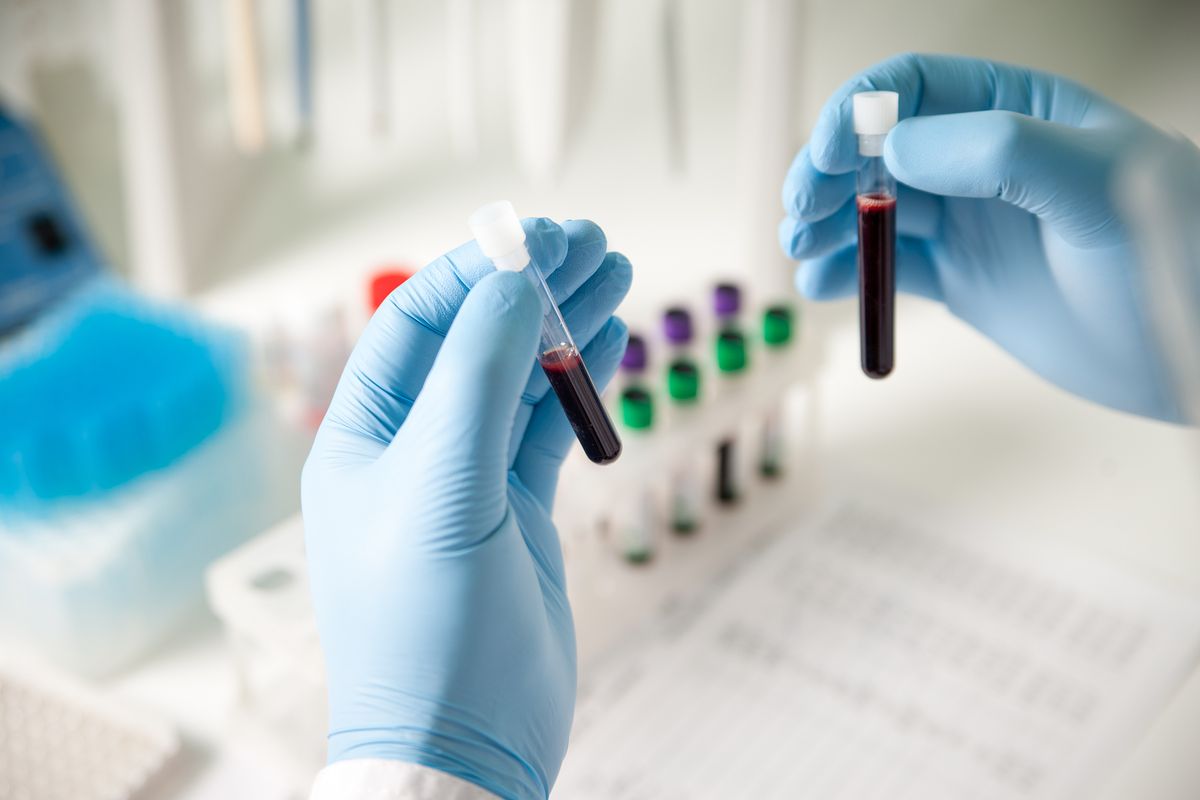
About
In our interconnected world, global health is facing an increasing number of threats ranging from Ebola to the Zika virus. The price in economic terms and on human lives can be enormous. The SARS outbreak cost around $30bn in 2003 and the H1N1 virus killed 284,000 people in 2009. In the area of antimicrobial resistance (AMR), recent estimates indicate that if no action is taken, drug-resistant infections could kill 10 million people a year by 2050. No country can face this alone – international systems of surveillance and emergency response need to be strengthened.
The 2014 Ebola outbreak proved that the global response to a health threat is only as strong as the capacity of healthcare systems in the region. 48 countries have already committed themselves to accelerating the implementation of international agreements on animal and human health through the Global Health Security Agenda with the ability to fast-track research and development to respond quickly to global health threats high on the agenda.
But recent health crises have revealed failings in the frameworks for health security. A new focus is the importance of external evaluation of a country’s preparedness as well as sharing experience across neighbouring countries and across regions through scenario exercises and simulations. Measures also need to be taken to advance a strong focus of R&D in life sciences in key areas such as AMR, Ebola, Zika and vaccines to address health threats both through prevention and treatment.
Is the EU Health Security Committee delivering its mandate?
How can medical counter measures be deployed rapidly in the countries where they are needed?
Can the Global Health Security Initiative (GHSI) – an international partnership to enhance public health preparedness and response – learn from recent experience and bolster the capacity for collaboration among relevant stakeholders?
How can the EU further develop its strength in the life sciences sector to reinforce global efforts?
Schedule
In our interconnected world, global health is facing an increasing number of threats ranging from Ebola to the Zika virus. The price in economic terms and on human lives can be enormous. The SARS outbreak cost around $30bn in 2003 and the H1N1 virus killed 284,000 people in 2009. In the area of antimicrobial resistance (AMR), recent estimates indicate that if no action is taken, drug-resistant infections could kill 10 million people a year by 2050. No country can face this alone – international systems of surveillance and emergency response need to be strengthened.
The 2014 Ebola outbreak proved that the global response to a health threat is only as strong as the capacity of healthcare systems in the region. 48 countries have already committed themselves to accelerating the implementation of international agreements on animal and human health through the Global Health Security Agenda with the ability to fast-track research and development to respond quickly to global health threats high on the agenda.
But recent health crises have revealed failings in the frameworks for health security. A new focus is the importance of external evaluation of a country’s preparedness as well as sharing experience across neighbouring countries and across regions through scenario exercises and simulations. Measures also need to be taken to advance a strong focus of R&D in life sciences in key areas such as AMR, Ebola, Zika and vaccines to address health threats both through prevention and treatment.
- Is the EU Health Security Committee delivering its mandate?
- How can medical counter measures be deployed rapidly in the countries where they are needed?
- Can the Global Health Security Initiative (GHSI) – an international partnership to enhance public health preparedness and response – learn from recent experience and bolster the capacity for collaboration among relevant stakeholders?
- How can the EU further develop its strength in the life sciences sector to reinforce global efforts?
Speakers
Nancy Lee
Senior Policy Adviser at the Wellcome Trust
Michael Mourez
Cluster Head for Bacterial Infections at Sanofi
John F. Ryan
Director for Public Health, Country Knowledge and Crisis Management at the European Commission Directorate for Health and Food Safety
Marc Sprenger
Special Envoy Global Health, Ministry of Health, Welfare and Sports, Netherlands
Moderator
Tamsin Rose
Facilitator
Speakers

Senior Policy Adviser at the Wellcome Trust
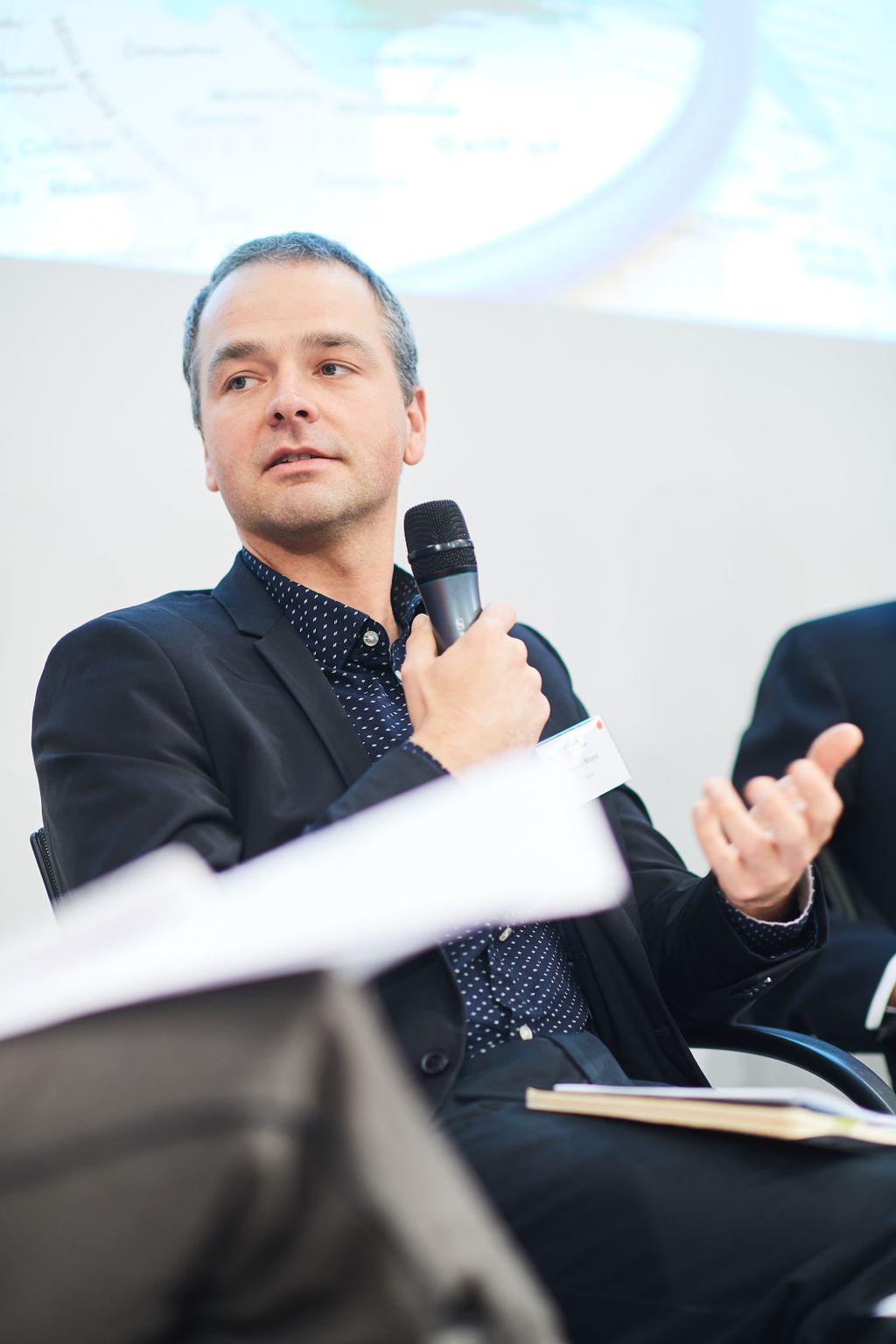
Cluster Head for Bacterial Infections at Sanofi

Director for Public Health, Country Knowledge and Crisis Management at the European Commission Directorate for Health and Food Safety

Special Envoy Global Health, Ministry of Health, Welfare and Sports, Netherlands

Facilitator
Tamsin Rose is a facilitator who was until recently a senior fellow for health at Friends of Europe. Having studied international relations, she has 25 years of experience working across the European continent from Ireland to Mongolia. A natural communicator, Tamsin has been a radio reporter, worked on press for the EU Delegation in Moscow and is currently a member of the external speaker team for the European Commission Directorate-General for Communication, describing how the EU works and key policies to visitor groups from around the world. Since 2002, she has specialised in public health and public participation issues, serving as the Secretary General of the European Public Health Alliance (EPHA), and providing strategic advice for health groups on how to engage successfully with the EU.
Partners
Coorganized with
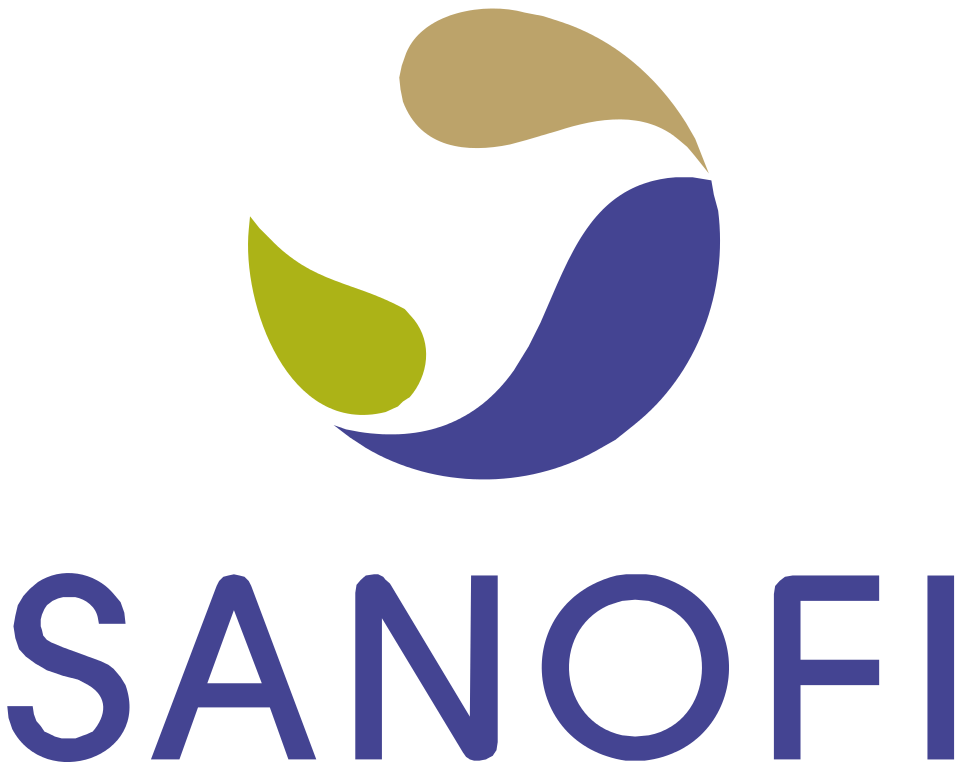
Activities
Re-imagining Europe's health systems
Past event In person & livestreamed

- Area of Expertise
- Sustainable Livelihoods
Health check for a competitive medical technology sector in Europe
Past event In person

- Area of Expertise
- Sustainable Livelihoods
Healthy ageing for Europe's future: the value of adult immunisation
Past event In person & livestreamed

- Area of Expertise
- Sustainable Livelihoods
Europe’s competitiveness: learnings from the healthcare sector
Past event In person & livestreamed

- Area of Expertise
- Sustainable Livelihoods
Policy Voices | Re-imagining Europe’s health systems
- Category
- Podcast
- Area of Expertise
- Sustainable Livelihoods
Financing the green and just transition: towards further partnerships…
- Category
- #CriticalThinking
- Author
- By Sebastián Nieto-Parra
Reclaiming medicines and health innovation for our health
- Category
- #CriticalThinking
- Author
- By Els Torreele
Hidden biases in public health research: why we are failing our most…
- Category
- #CriticalThinking
- Author
- By Marthe De Boevre
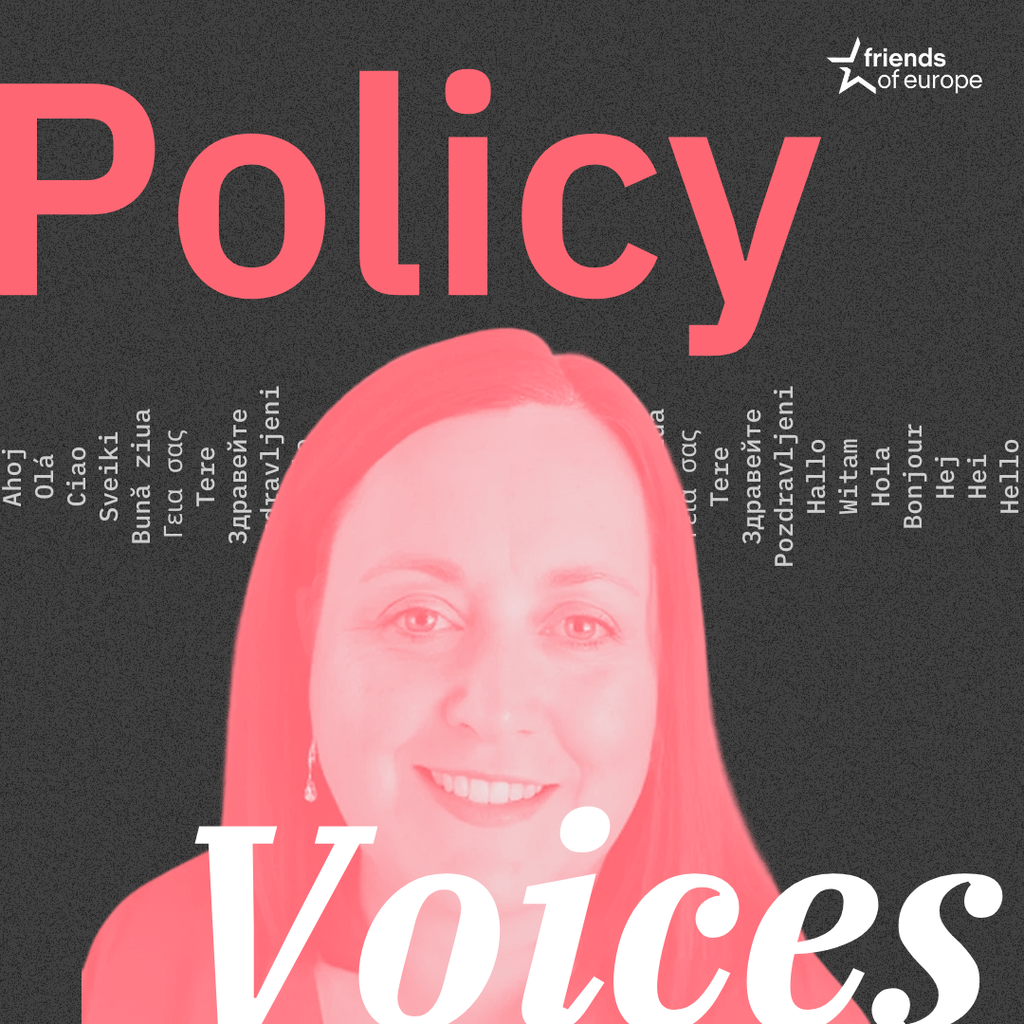
- Area of Expertise
- Sustainable Livelihoods

- Area of Expertise
- Sustainable Livelihoods
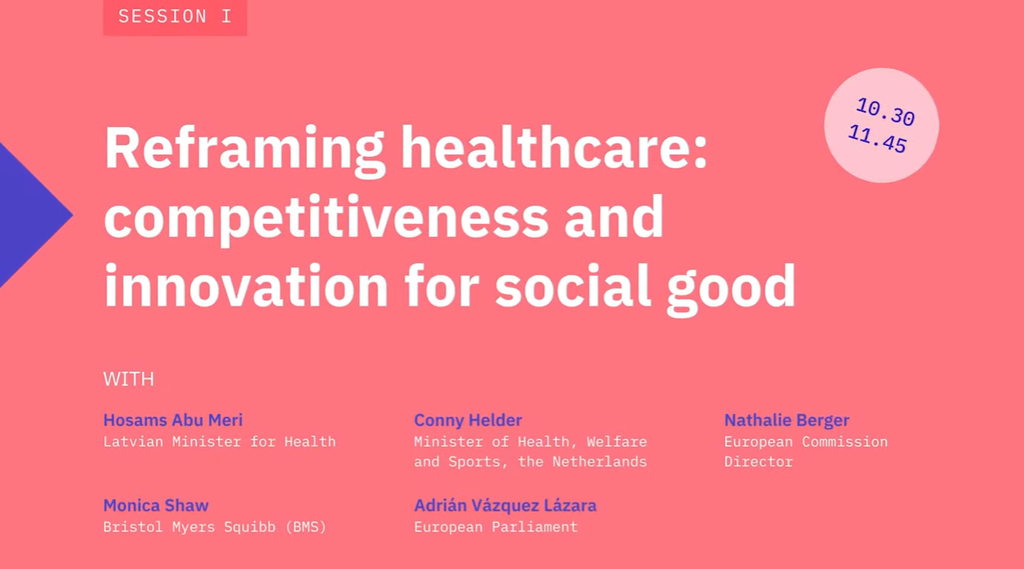
- Area of Expertise
- Sustainable Livelihoods

- Area of Expertise
- Sustainable Livelihoods
Continue
the debate on
- Debating Europe
